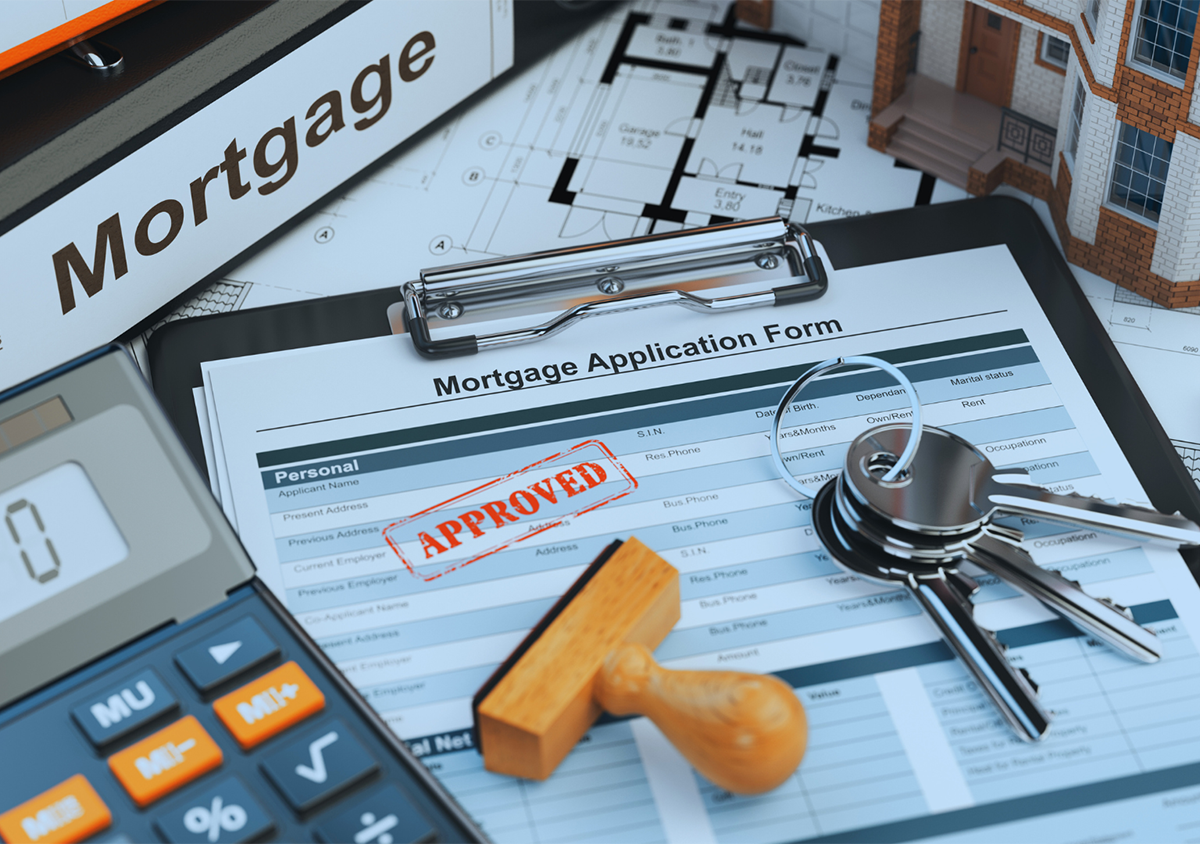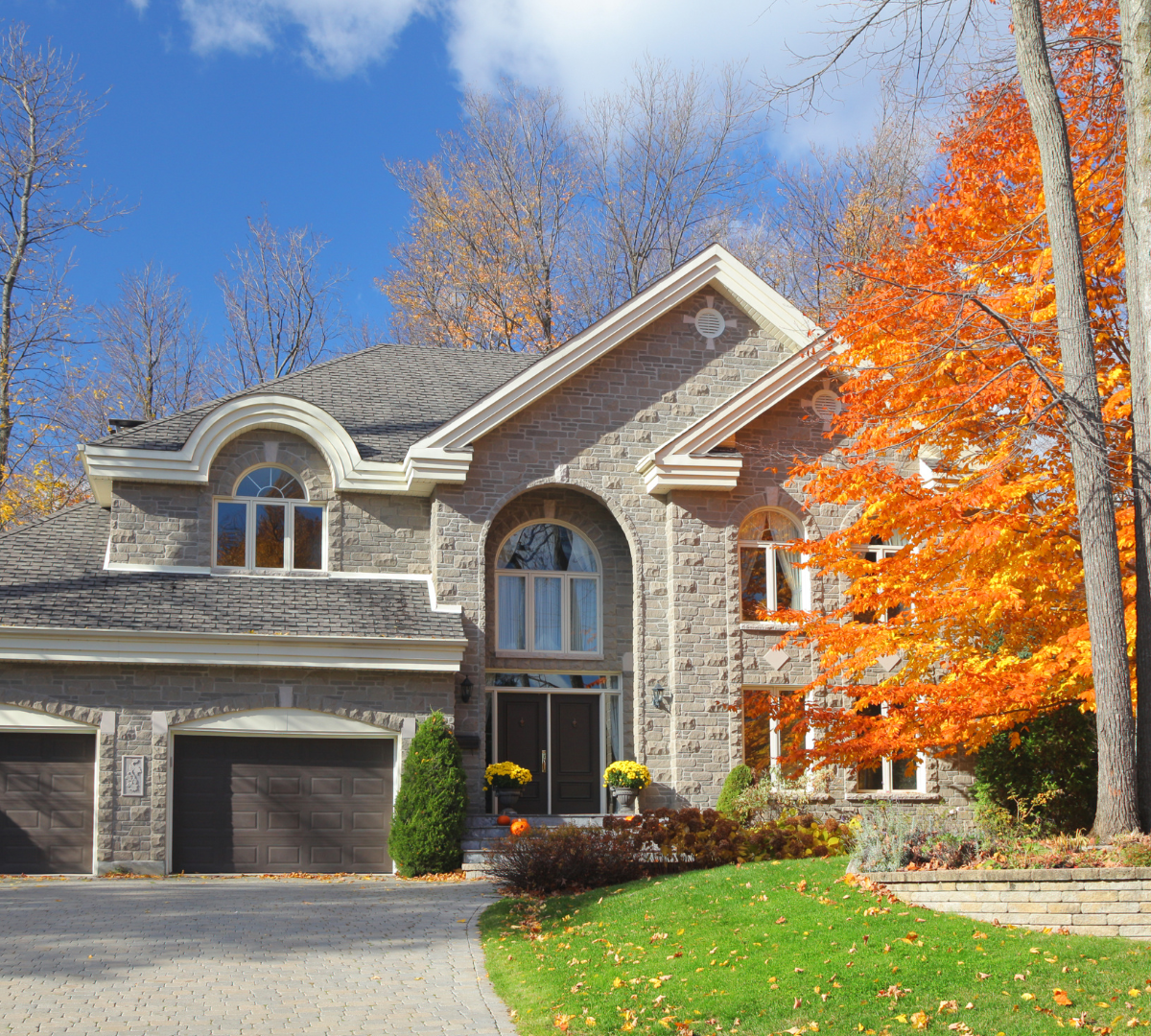The Road to Home Ownership: Tips for First-Time Homebuyers
Buying a home can be an exciting but overwhelming experience for first-time homebuyers. There are many factors to consider, from finding the right location to financing your purchase. To help you navigate this process, we’ve put together home-buying tips and a checklist that can make your home-buying journey easier and more successful. If you’re looking […]

Buying a home can be an exciting but overwhelming experience for first-time homebuyers. There are many factors to consider, from finding the right location to financing your purchase. To help you navigate this process, we’ve put together home-buying tips and a checklist that can make your home-buying journey easier and more successful.
- Determine your budget
Before you start house hunting, you need to determine how much you can afford to spend on a home. This will help you narrow down your search and avoid wasting time looking at properties that are outside your price range.
Here are some tips to help you establish your budget:
Evaluate your current financial situation: Take a close look at your income, expenses, and debt. Calculate your monthly expenses and subtract them from your income to see how much you have left to pay for a mortgage.
Check your credit score: Your credit score will impact the interest rate you can get on a mortgage. A higher credit score generally means a lower interest rate, which can make a big difference in your monthly mortgage payments.
Consider your down payment: A larger down payment means a smaller mortgage, which can make your monthly payments more affordable. However, you’ll need to balance your down payment with your other financial goals and obligations.
Overall, determining your budget is crucial for buying a home that you can comfortably afford. Take the time to evaluate your finances and consider all of the costs associated with homeownership before making a purchase. - Think about other expenses
When you’re buying a home, it’s important to remember that there are other expenses to consider beyond just the purchase price. Here are some tips to keep in mind:
Closing costs: When you close on a home, there are various fees and expenses you’ll need to pay, such as attorney fees, title insurance, appraisal fees, and more. Make sure you understand what these costs will be and budget for them accordingly.
Homeowner’s insurance: You’ll need to have insurance on your home to protect against damage or other losses. Be sure to get multiple quotes and compare coverage options to find the best policy for your needs.
Property taxes: Depending on where you live, property taxes can be a significant expense. Make sure you understand what your property taxes will be and budget for them accordingly.
Maintenance and repairs: As a homeowner, you’re responsible for keeping your home in good condition. That means budgeting for regular maintenance and unexpected repairs, such as a new roof or HVAC system.
Homeowners Association (HOA) fees: If you’re buying a home in a community with an HOA, you’ll need to pay monthly or annual fees to cover the cost of amenities and services. Make sure you understand what these fees are and what they cover.
By taking these additional expenses into account, you’ll be better prepared to budget for the actual cost of homeownership and ensure that you can comfortably afford your new home. - Get pre-approved for a mortgage
Once you have a budget in mind, it’s important to get pre-approved for a mortgage. This will give you a clear understanding of how much you can borrow, which can help you make a competitive offer on a home. You can shop around for the best mortgage rates and terms to find a lender that works for you.
Here are a few types of mortgages to consider:
Conventional Mortgage: This is the most common type of mortgage, and it is not backed by a government agency. Conventional mortgages typically require a down payment of at least 3%, and borrowers need to have a good credit score and a stable income.
FHA Mortgage: The Federal Housing Administration (FHA) offers mortgages that are backed by the government. These mortgages typically require a smaller down payment (as low as 3.5%), and they are easier to qualify for than conventional mortgages.
VA Mortgage: The U.S. Department of Veterans Affairs (VA) offers mortgages to current and former members of the military. These mortgages typically do not require a down payment, and they have lower interest rates than conventional mortgages.
USDA Mortgage: The U.S. Department of Agriculture (USDA) offers mortgages to low- to moderate-income homebuyers in rural areas. These mortgages typically do not require a down payment, and they have lower interest rates than conventional mortgages.
It’s important to research and compares different types of mortgages to find the one that best suits your needs and financial situation. - Determine your needs and wants
Think about what you need in a home, such as the number of bedrooms and bathrooms, a backyard, or a garage. You should also consider what you want in a home, such as a certain style, a large kitchen, or a swimming pool. This will help you focus your search and find a home that meets your needs and fits your lifestyle.
Here are some tips to consider:
List your needs: Make a list of your must-haves in a home, such as the number of bedrooms, bathrooms, and square footage. Also consider the location, school district, and commute time.
List your wants: Make a list of things you would like to have in a home but are not deal-breakers. This might include a pool, a large backyard, or a modern kitchen
Prioritize your lists: Once you have your lists of needs and wants, prioritize them in order of importance. This will help you focus on what’s most important and avoid getting sidetracked by homes that don’t meet your requirements
Be open to compromise: It’s rare to find a home that has everything on your list, so be prepared to compromise on some of your wants to meet your needs and budget.
By determining your needs and wants, you’ll have a clear idea of what you’re looking for in a home and be able to narrow down your search to find the right property for you. - Research the neighborhood
Once you have a few homes in mind, research the neighborhood to make sure it’s a good fit for you. Consider factors such as schools, public transportation, shopping, and crime rates. You may also want to visit the neighborhood at different times of the day to get a feel for the area and see if it’s a good match for your lifestyle. - Hire a real estate agent
A good real estate agent can help you navigate the home-buying process and negotiate the best deal for you. Look for an agent with experience in the neighborhoods you’re interested in and who can provide you with valuable insights and advice throughout the process.
Here are some tips to help you find and hire the right agent:
Ask for referrals: Ask family and friends who have recently bought a home for their recommendations. You can also search online for agents in your area and read reviews.
Check credentials: Look for an agent who is licensed and has a good reputation in the industry. You can also check with your state’s licensing board to verify the agent’s credentials.
Interview multiple agents: Don’t just hire the first agent you come across. Interview at least three agents and ask them about their experience, approach to finding homes, and knowledge of the local market.
Look for a good fit: Choose an agent who you feel comfortable working with and who understands your needs and preferences. You’ll be spending a lot of time with your agent, so it’s important to have a good rapport.
Understand the agent’s fees: Real estate agents typically work on commission, which is a percentage of the sale price of the home. Make sure you understand the agent’s fees and how they are paid before signing a contract.
By hiring a real estate agent, you’ll have a knowledgeable ally on your side as you navigate the home-buying process. A good agent can help you find the right home, negotiate a fair price, and avoid costly mistakes. - Make an offer
When you find the right home, it’s time to make an offer. Work with your real estate agent to determine a fair price and negotiate the terms of the sale. Be prepared to make a counteroffer if the seller rejects your initial offer. - Get a home inspection
Before you close on a home, it’s important to get a home inspection. This can uncover any potential problems with the home that you may not have noticed during your initial walkthrough. If there are any major issues, you can negotiate with the seller to have them fixed or adjust the price of the home. It’s important to note that not all home inspections are created equal, so it’s important to choose an experienced and qualified inspector. You can ask your real estate agent for a recommendation. - Close the deal
Once you’re satisfied with the home inspection and all of the terms of the sale have been agreed upon, it’s time to close the deal. This typically involves signing a lot of paperwork, so be prepared to spend several hours at the closing table.
If you’re looking for reputable and experienced real estate agents to guide you through the home-buying process, Paradigm21 Realty is a great choice. Our team of real estate professionals has a deep understanding of the local market and can provide you with valuable insights and advice to help you make informed decisions.
By working with Paradigm21 Realty, you’ll have access to a wide range of properties that meet your specific needs and budget. Our team of agents will work closely with you to understand your unique requirements and preferences and help you find the home that fits your lifestyle and budget.




